#Classical Aesthetics
Explore tagged Tumblr posts
Text
Rilke’s First Duino Elegy is a deeply philosophical and existential work that reflects his broader themes of transcendence, beauty, suffering, and the limitations of human perception. It is enriched by concepts from classical studies, particularly in its allusions to Greek mythology, classical heroism, and Platonic ideas about the nature of reality and longing.
Context of Rainer Maria Rilke Rainer Maria Rilke (1875–1926) was an Austrian poet whose work often explores the tension between the material and the spiritual, the transient and the eternal. His Duino Elegies, written between 1912 and 1922, reflect his preoccupation with metaphysical longing, artistic creation, and the terror inherent in beauty. These elegies were influenced by his experiences in Duino Castle, as well as his readings in philosophy, art, and mysticism. Rilke’s writing often places human existence in contrast to the divine or the infinite, emphasizing a feeling of estrangement and the necessity of transformation through suffering and embracing it as much as the nurturing solitude offered by life to us, which he expresses as being not just beneficial but necessary. He deeply valued solitude, seeing it as essential for personal and artistic growth. He believed that solitude was not loneliness but a necessary state for self-discovery, inner strength, and creativity. Rilke viewed solitude as a way to confront one’s deepest thoughts and emotions, fostering a deeper understanding of oneself and the world. In Letters to a Young Poet, he advised embracing solitude rather than fearing it, arguing that it allows individuals to develop independence, patience, and emotional depth. He saw solitude as a space where one's soul could mature, free from external distractions and societal pressures. According to Rilke, true love and relationships could only flourish when individuals had first cultivated their own inner world, making solitude a foundation for authentic connections. For Rilke, solitude was not an escape but a path to wisdom, self-sufficiency, and a richer, more meaningful life. He believed that in solitude, one could listen to the whispers of the soul, unlocking creativity and personal transformation.
Use of Classical Concepts with in The First Elegy
Angels as Platonic Forms or Divine Messengers The poem opens with a desperate cry (which, to me, was reminiscent of the opening lines of Homer's Iliad): “Who, if I cried out, would hear me among the Angels’ Orders?”
Rilke’s angels are not comforting figures but rather terrifying beings whose essence is too overwhelming for humans to bear. This aligns with classical and Neoplatonic views of divine beings as existing on a higher plane of reality, beyond human comprehension.
The idea that “Every Angel is terrifying” evokes the Greek concept of daimons—spiritual intermediaries between gods and humans in Platonic thought, which could be either enlightening or overwhelming.
Beauty and Terror—The Sublime in Classical Aesthetics “For beauty is nothing but the beginning of terror, which we can still barely endure.”
This reflects a classical and Romantic notion of the sublime, where beauty is intertwined with awe and fear. The Greeks associated beauty (kalon) with both harmony and a kind of divine mystery that could lead to madness, as seen in the myths of Phaedra or Pentheus.
Alienation and the Stoic Worldview “Not Angels, not humans, and the sly animals see at once how little at home we are in the interpreted world.”
This echoes the Stoic perspective on human beings as estranged from a rational universe, struggling to interpret existence in meaningful terms. The idea of the interpreted world suggests an awareness that human perception is limited and filtered through subjective understanding.
Classical Lament and Mythology
The poem references the myth of Linos, a legendary musician mourned in ancient Greek laments. “Is it a tale told in vain, that myth of lament for Linos, in which a daring first music pierced the shell of numbness?”
The death of Linos, often seen as a foundational moment in the development of song and poetry, reflects Rilke’s belief in suffering as the origin of artistic creation. This aligns with the classical idea that poetry arises from grief, as seen in Orpheus’s lament for Eurydice.
Heroism and Fate “Remember: the hero lives on, even his downfall was only a pretext for attained existence.”
This recalls the Homeric and tragic Greek conception of heroism, where the hero’s suffering and death are not simply personal losses but transformative moments that give meaning to existence. Rilke’s hero transcends mere mortality by achieving a state of eternal significance, much like Achilles or Heracles.
Transformation and the Arrow as a Metaphor “The way the arrow, suddenly all vector, survives the string to be more than itself.”
This is reminiscent of Aristotelian and Platonic ideas of potentiality and actualization. The arrow is a symbol of release from earthly attachments, reflecting the classical idea that true existence lies beyond the constraints of the material world.
In Conclusion
Rilke’s First Elegy is a meditation on human limitation, divine terror, and the need to embrace suffering as a path to transformation. Through classical concepts—Platonic transcendence, the sublime, mythological lament, and heroic endurance—Rilke connects ancient wisdom with modern existential longing. His poetry echoes the classical world’s awareness of mortality, beauty, and the pursuit of meaning beyond the tangible realm.
#academia#dark academia#light acamedia#learning#studying#classical studies#modern studies#liturature#Rainer Maria Rilke#poetry#poetry recs#writer recs#Platonic#Aristotelian#classical literature arts#classical literature#Classical Aesthetics#stoicism#philosophy#classical philosophy#just a fun little addition i tried to summarize best i could of what i saw in this work#the secret history#i really feel Donna Tartt was inspired by Rilke#Donna Tartt#analysis#literature analysis#nothing in depth but again tried to keep everything brief as i could
7 notes
·
View notes
Text

Franz Kafka, 1912
#velartis#dark academia#dark academia moodboard#light academia#literature#moodboard#academia#academia aesthetic#academia moodboard#aesthetic#aesthetic moodboards#quotes#random#romantic academia#moodboards dark academia#dark academia moodboards#dark academic aesthetic#dark academia aesthetic#dark moodboard#moodboard aesthetic#moodboards aesthetic#moodboard dark#classic academia#books and coffee#romanticism#classic literature#books & libraries#pinterest moodboard#chaotic academia#chaotic academic aesthetic
138K notes
·
View notes
Text

#dark academia#light academia#love#study academia#love quotes#dark aesthetic#spilled poetry#lana del rey#spilled ink#study aesthetic#spilled feelings#spilled writing#spilled words#spilled thoughts#classic academia#romantic academia#chaotic academia#academia aesthetic#poetic#poem#poetry#god bless#deep feelings#lovesick#healthy love#lovers#i love you#literature#writers#writing
67K notes
·
View notes
Text
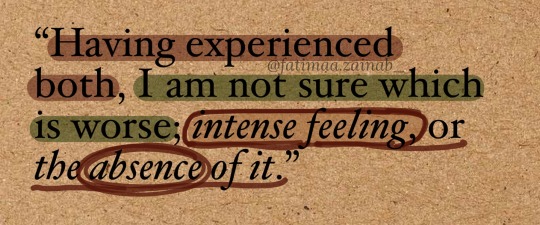
Margaret Atwood, The Blind Assassin
#literature#prose#chaotic academic aesthetic#bookquotes#autumn#infj#margaret atwood#booksbooksbooks#daily quotation#classic lit quotes#dostoevsky quotes#quotesoftheday#sylvia plath quotes#tumblr quotations#dark acadamia quotes#tumblr quotes#book quotes#quotes#quotesdaily#quoteoftheday#life quote#sylvia plath#fyodor dostoyevsky x reader#fyodor x reader#readers#booksaremagic#dark academia books#fiction books#books & libraries#books
66K notes
·
View notes
Text

Two Women Kissing in Nature (b. 1859)
— by Georges Rochegrosse
#art#artist#artblr#artists#painting#paintings#wlw#lesbians#lesbian#queer#gay#bisexuality#bisexual#lgbtq community#lgbt#lgbtqia#classic academia#classical art#romantic academia#aesthetic#pastelcore#pastel#princesscore#fine art#historical art#art history#art community#art blog#art gallery#oil painting
36K notes
·
View notes
Text

Yeah now we've entered the back pain stage
#dark academia#quotes#spilled words#spilled thoughts#book quotes#text#words#dark academia aesthetic#classic literature#words words words
47K notes
·
View notes
Text










seeking, yearning, reaching hands
#aesthetics#photography#quotes#text#art#fashion#flowers#dark academia#hands#reaching hands#touching hands#classical art#classical academia#aesthetic#moodboard#humanity#people#light academia#renaissance#meaepost#yearning#seeking#nature#inspo#inspiration
92K notes
·
View notes
Text

#but why is accepting reality so hard#words#classic literature#spilled words#writers#aesthetic#dark academia#poem#books and libraries#poetry#true words#my words#my work#words words words#quote#life quotes#verses page#poesia#poetic#muse#books and reading
36K notes
·
View notes
Text

#aesthetic#inspiring quotes#life quotes#cottagecore#love quotes#quotes#inspirational quotes#spilled ink#spilled poetry#book quotes#forest aesthetic#nature aesthetic#grunge aesthetic#aestethic#white aesthetic#good vibes#vibes#grungy aesthetic#dark grunge#soft grunge#grunge#cottage core#heart core#love core#classical literature#words words words#spilled words#self worth#words#spirituality
32K notes
·
View notes
Text

David Benioff, Troy
// Adapted from Homer, The Iliad
#homer#the illiad#writing#literature#books#booklr#writeblr#poem#poets on tumblr#poetry#spilled ink#spilled writing#spilled words#spilled poetry#spilled thoughts#words words words#words#love#memento mori#Troy#david benioff#literary quotes#classic#classic literature#dark aesthetic#dark academia#light academia#academia
25K notes
·
View notes
Text

#my media#y2k#y2k tech#tech#technology#y2k aesthetic#aesthetic#2000s#2000s tech#2000s nostalgia#cat#cats of tumblr#old school#oldweb#webcore#cybercore#old internet#techcore#ipod#ipod classic#old tech#kitties#cats#emo#scene#2000s emo#emo boy#emocore#2000s scene
12K notes
·
View notes
Text
“what radicalized you” bro EMPATHY
#velartis#dark academia#dark academia moodboard#light academia#literature#moodboard#academia#academia aesthetic#academia moodboard#aesthetic#aesthetic moodboards#quotes#random#romantic academia#moodboards dark academia#dark academia moodboards#dark academic aesthetic#dark academia aesthetic#dark moodboard#moodboard aesthetic#moodboards aesthetic#moodboard dark#classic academia#books and coffee#romanticism#classic literature#books & libraries#pinterest moodboard#chaotic academia#chaotic academic aesthetic
50K notes
·
View notes
Text

#food#foodie#foodporn#food photography#luxury#luxury aesthetic#rich life#classic#aesthetic#beauty#life style#quality#quality blog#quality blog lifestyle#lifestyle blog#wallpapers#majestq#majestic#majestq academia#style#luxurious#luxuries#fashion#travel#high standards#expensive taste#glam#classy#subtleclassy
31K notes
·
View notes
Text
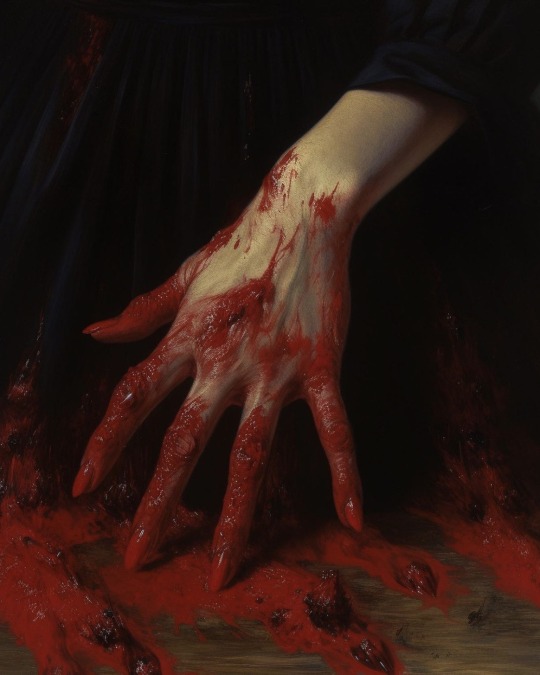
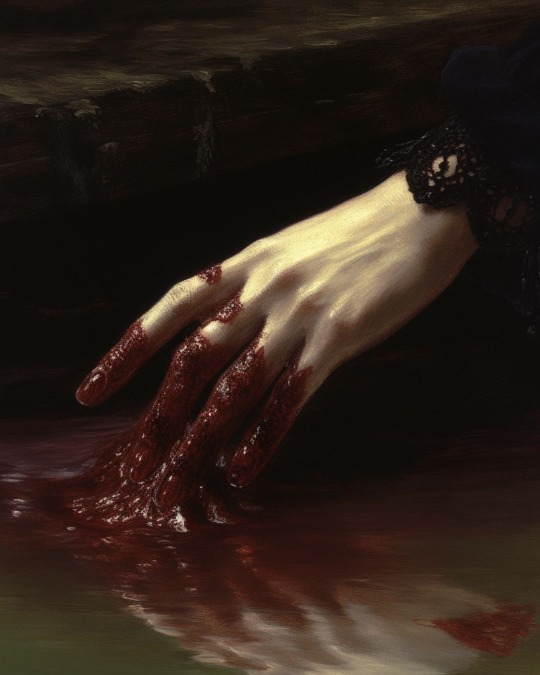
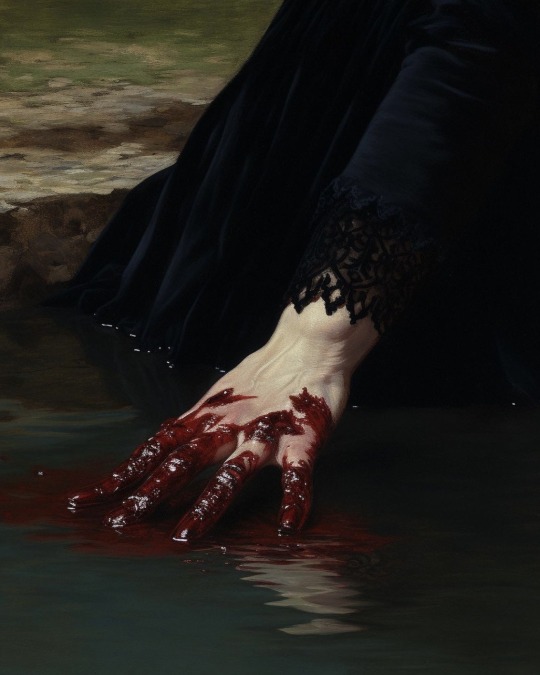

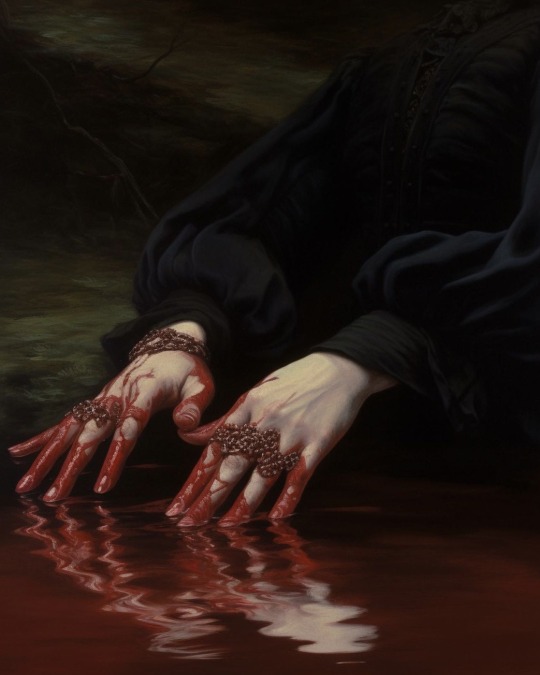


Wounds of the Earth
— by xis.lanyx
#painting#art#dark art#dark academia#classic academia#goth#gothic#artblr#classical art#art gallery#academia aesthetic#aesthetic#vampire core#vampire#vampires#vampire aesthetic#vampirecore#vampcore#artist#illustration#illustrating#illustrations#artists
99K notes
·
View notes
Text




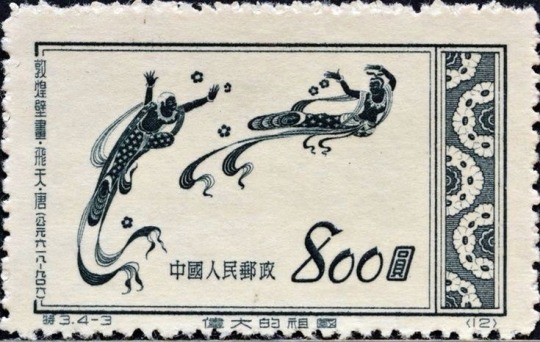





vintage stamps
#aesthetic#ballet#ocean#pastel#dark academia#green#blue#love#red#dark acadamia aesthetic#siren aesthetic#god aesthetic#red aesthetic#stamp collection#stamps#postage stamp#stamp core#mail art#dark academia style#dark academia aesthetic#classical academia#academia#chaotic academia#romantic academia#light academia aesthetic#light academia#vintage#vintage aesthetic#culture#source: pinterest
21K notes
·
View notes
Text

#Georgia O'Keeffe#summer#art#artist#dark academia aesthetic#academia aesthetic#chaotic academia#classic academia#light academia aesthetic#dark academia#soft academia#romantic academia#study motivation#studyspo#studyinspo#studying#study aesthetic#study notes#study space#studygram#study blog#light academia#classic literature#poetry#art academia#books#libraries#book quotes#literature quotes#deep quotes
48K notes
·
View notes